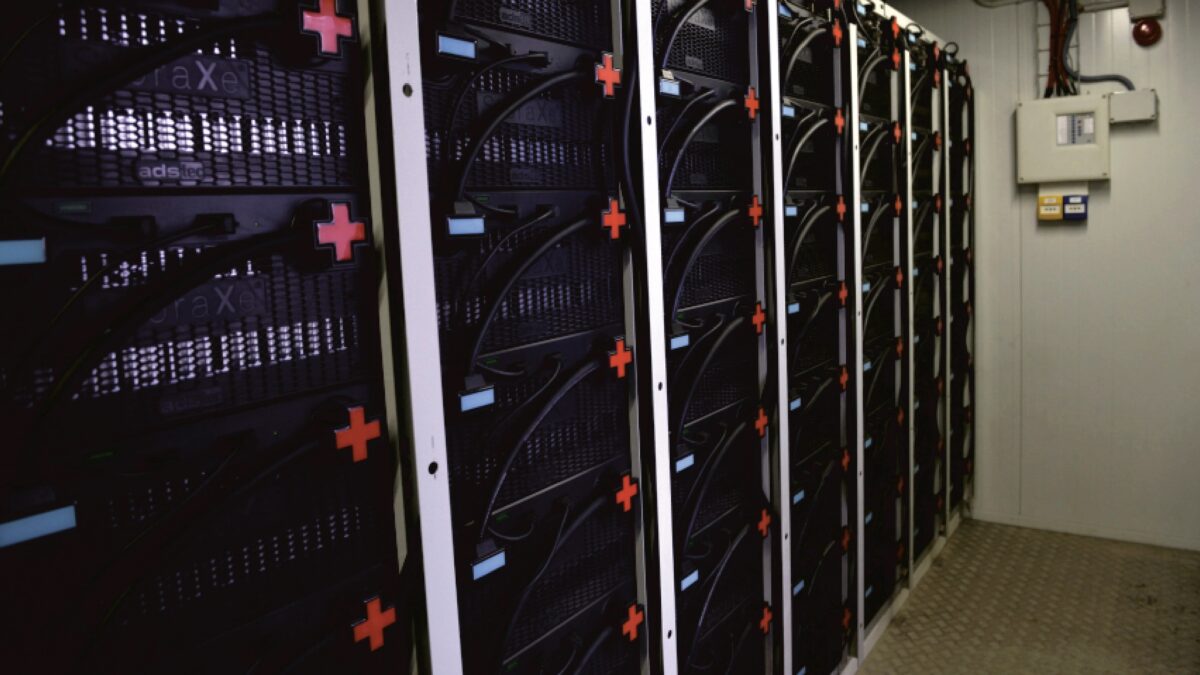Tata Power announced today its arm Tata Power Delhi Distribution Ltd (TPDDL) has signed an agreement with Asian Development Bank (ADB) to raise INR 150 crore (equivalent to $18.2 million) through non-convertible debentures to enhance Delhi’s power distribution through grid enhancements. Besides subscribing to the non-convertible debentures, ADB will facilitate a $2 million grant to TPDDL to partially finance the purchase and integration of a pilot battery energy storage system (BESS) with the TPDDL network.
Tata Power Delhi Distribution will use the senior secured financing of $18.2 million to commission a new 66/11-kilovolt grid, augment and expand transformers, substations, feeder lines, and switching stations, install smart meters, and replace obsolete electrical equipment and meters.
The 10MWh BESS is South Asia’s first grid-scaled energy storage project at the distribution transformer level. It will enable electricity to be stored and delivered on demand, reducing grid instability, and providing the flexibility to integrate intermittent solar and wind energy resources. The grant to finance the BESS is provided by Goldman Sachs and Bloomberg Philanthropies’ Climate Innovation and Development Fund (CIDF) and administered by ADB.
“Power distribution is a crucial link in the electricity supply chain, and at times one of the most vulnerable. Mainstreaming a battery energy storage system at the distribution transformer level will better integrate renewable energy sources and contribute to a more disaster-resilient power distribution system for Delhi,” said ADB’s Director General for Private Sector Operations Suzanne Gaboury. “As Asia’s Climate Bank, ADB supports India’s climate goals through innovative technologies and the catalyzing of private capital to finance green projects.”
“The battery energy storage system plays a crucial role in building a resilient grid and paves the way for a future-ready power distribution network. We thank ADB for administering this grant for the integration of the pilot BESS with TPDDL’s network. This will enable us in ensuring a high-quality power supply for consumers and help integrate clean energy into the power supply mix,” said Praveer Sinha, CEO & managing director of Tata Power.
In 2022, India’s Ministry of Power targeted a battery storage capacity of 4% of total electricity consumption by 2030. To reach that goal, India would need a total battery energy storage capacity of 182 GWh by 2030. ADB’s financing through CIDF for the pilot BESS will provide proof of concept and lessons learned by TPDDL to implement a planned additional 50 MWh of BESS capacity.
Launched in September 2021, CIDF is a blended finance facility managed by ADB, established with an initial $25 million philanthropic commitment from Bloomberg Philanthropies and Goldman Sachs. The fund has the potential to unlock up to $500 million in private sector and governmental investments to support sustainable low-carbon economic development and help catalyze a clean energy transition in South and Southeast Asia.
This content is protected by copyright and may not be reused. If you want to cooperate with us and would like to reuse some of our content, please contact: editors@pv-magazine.com.









By submitting this form you agree to pv magazine using your data for the purposes of publishing your comment.
Your personal data will only be disclosed or otherwise transmitted to third parties for the purposes of spam filtering or if this is necessary for technical maintenance of the website. Any other transfer to third parties will not take place unless this is justified on the basis of applicable data protection regulations or if pv magazine is legally obliged to do so.
You may revoke this consent at any time with effect for the future, in which case your personal data will be deleted immediately. Otherwise, your data will be deleted if pv magazine has processed your request or the purpose of data storage is fulfilled.
Further information on data privacy can be found in our Data Protection Policy.